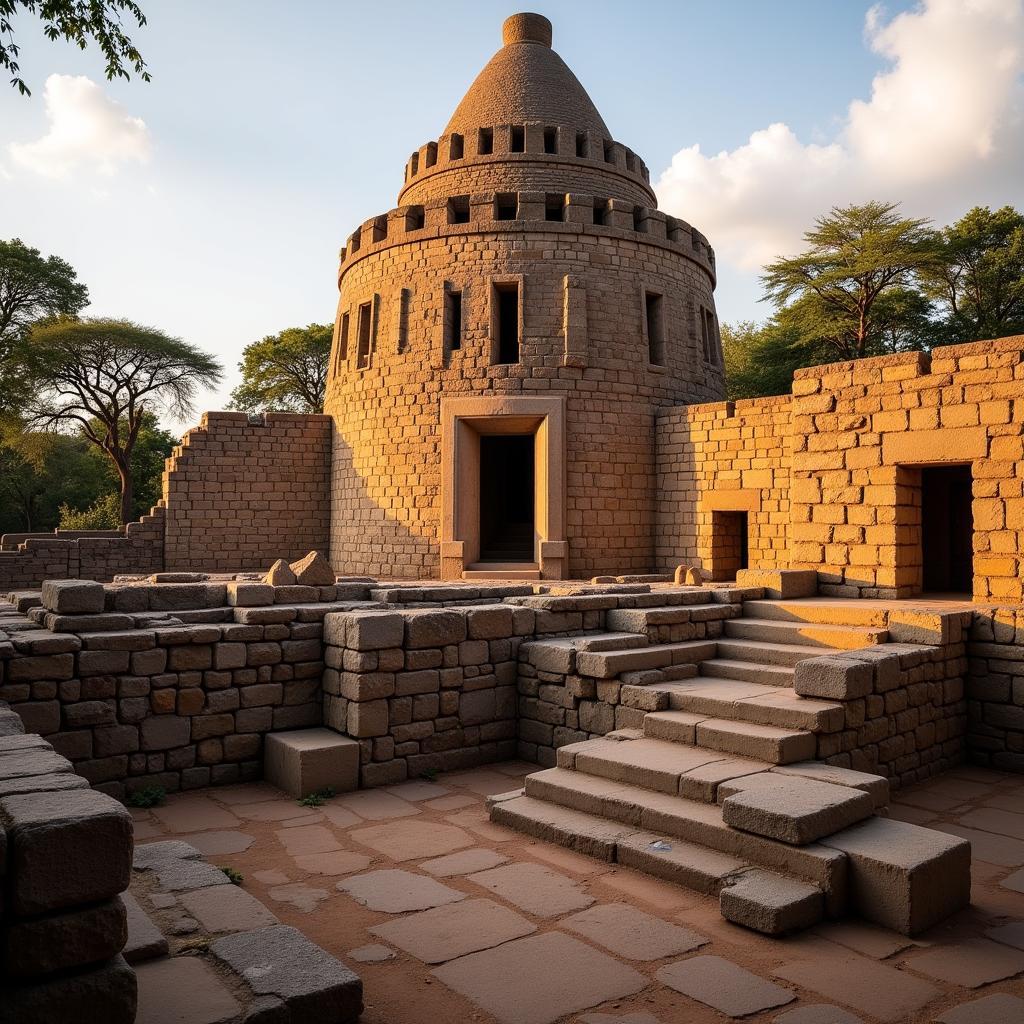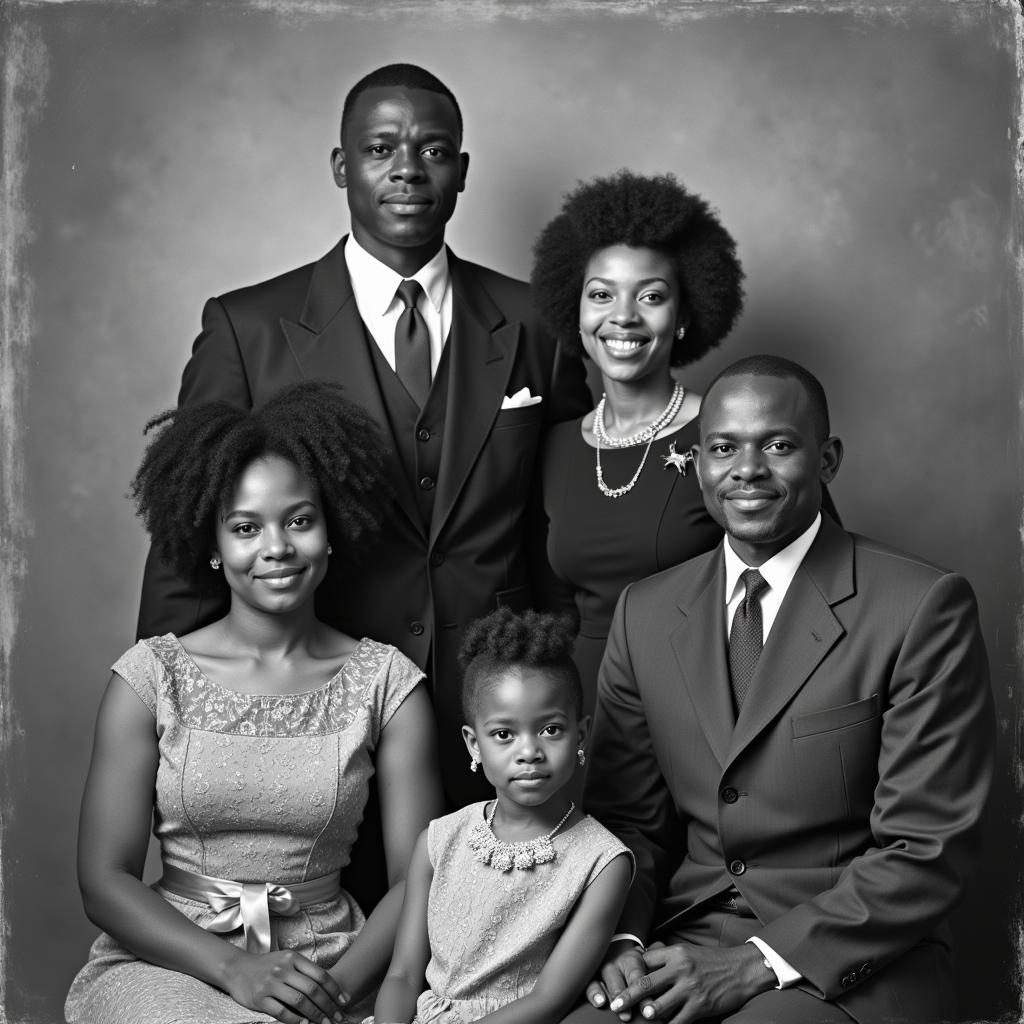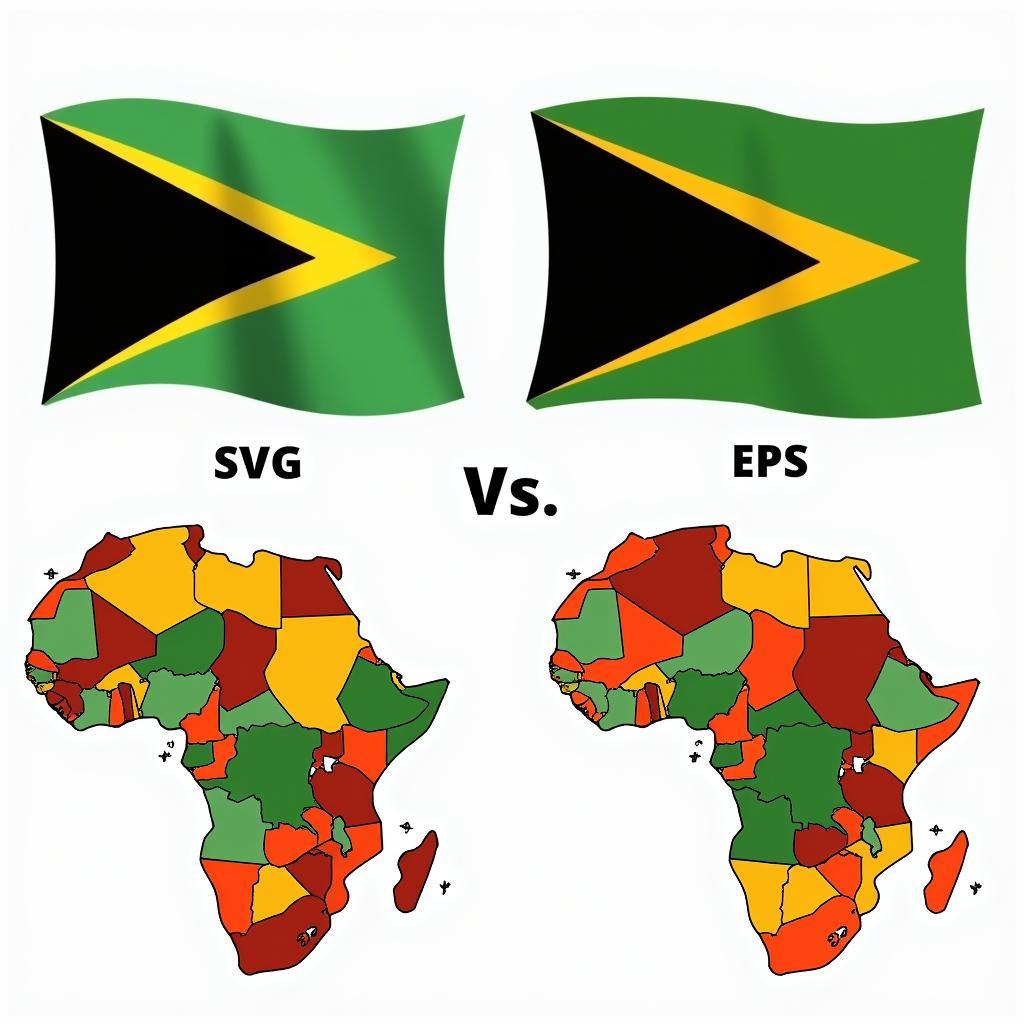Exploring the Rhythms of Africa: African Beats Instrumental
African Beats Instrumental music is a vibrant tapestry of sounds, rhythms, and traditions, reflecting the diverse cultures of the continent. From the pulsating drums of West Africa to the melodic strings of East Africa, these instrumental pieces offer a captivating journey into the heart of African music. This article explores the rich history, diverse genres, and cultural significance of African beats instrumental music, offering a deeper understanding of its global impact.
The Rich Tapestry of African Beats Instrumental
African instrumental music is more than just background music; it’s a powerful form of storytelling, a celebration of life, and a connection to ancestral spirits. Each region of Africa has its own unique musical traditions, instruments, and rhythmic patterns, creating a rich and diverse soundscape. The use of percussion instruments, such as the djembe, conga, and talking drum, is central to many African musical styles, providing the driving force behind the music’s infectious energy.
One of the key characteristics of African beats instrumental music is its emphasis on polyrhythms, the layering of multiple, independent rhythmic patterns. This creates a complex and dynamic texture that is both captivating and mesmerizing. The interplay of different instruments, each with its own distinct rhythmic voice, produces a vibrant and energetic soundscape that is deeply rooted in African culture.
After exploring the origins of Afrobeat, delve into its modern evolution. Check out some African groove album releases.
Genres and Instruments of African Beats Instrumental Music
The diversity of African beats instrumental music is reflected in its numerous genres. From the highlife music of Ghana to the Jùjú music of Nigeria, each genre boasts its own unique characteristics and instrumentation. Many genres incorporate traditional instruments, such as the kora, a 21-stringed harp-lute; the mbira, a thumb piano; and the balafon, a wooden xylophone. These instruments contribute to the distinct sounds and textures of African music.
Highlife: The Soulful Sounds of Ghana
Highlife music originated in Ghana and is characterized by its upbeat rhythms, jazzy horns, and soulful vocals. While vocals are a significant component, instrumental versions highlight the intricate guitar work and rhythmic interplay of the band.
Jùjú: The Groovy Rhythms of Nigeria
Jùjú music, originating from Nigeria, is known for its driving rhythms, complex guitar patterns, and use of the talking drum. Instrumental versions of Jùjú music showcase the virtuosity of the musicians and the hypnotic quality of the rhythms.
Afrobeat: A Fusion of Rhythms and Styles
Afrobeat, pioneered by Fela Kuti, blends West African musical styles with elements of funk, jazz, and highlife. Even in its instrumental form, Afrobeat retains its infectious energy and political undertones. You can download more African beats instrumental mp3 download online.
The Cultural Significance of African Beats Instrumental Music
African beats instrumental music is deeply intertwined with the cultural fabric of the continent. It plays a vital role in various ceremonies, rituals, and celebrations, reflecting the spiritual and social values of different communities. From birth to death, music accompanies every stage of life, providing a soundtrack to the human experience.
Music as a Form of Storytelling
In many African cultures, music is used to transmit history, knowledge, and traditions from one generation to the next. Instrumental pieces can evoke specific stories or legends, conveying complex narratives through rhythm and melody.
Music as a Means of Communication
Beyond its role in storytelling, African beats instrumental music serves as a means of communication. The talking drum, for example, can mimic the tones and inflections of human speech, allowing for complex messages to be conveyed through rhythm.
Music as a Celebration of Life
African beats instrumental music is often used to celebrate important life events, such as weddings, harvests, and festivals. These joyous occasions are filled with vibrant rhythms and melodies, reflecting the community’s collective spirit and love of life. Find more music at African instrumental beats download.
The Global Influence of African Beats Instrumental
African beats instrumental music has had a profound impact on music worldwide. Its influence can be heard in various genres, from jazz and funk to hip-hop and electronic music. Artists from around the globe have sampled and incorporated African rhythms and melodies into their work, creating a global fusion of musical styles. The infectious energy and rhythmic complexity of African music continue to inspire and captivate audiences around the world. Looking for a different beat? Check out African gal.
Conclusion
African beats instrumental music is a testament to the rich cultural heritage and artistic creativity of the continent. From its diverse genres and instrumentation to its deep cultural significance, this music offers a unique and captivating listening experience. Exploring the rhythms and melodies of African beats instrumental music is a journey into the heart and soul of Africa, a continent brimming with musical treasures waiting to be discovered. Consider checking out African dance club morocan for a different flavor.
FAQ
- What are some common instruments used in African beats instrumental music? Common instruments include the djembe, kora, mbira, balafon, and talking drum.
- What is the significance of polyrhythms in African music? Polyrhythms create complex and layered textures, contributing to the dynamic nature of the music.
- How has African music influenced music globally? Its influence can be heard in genres like jazz, funk, hip-hop, and electronic music.
- What is the role of music in African culture? Music plays a crucial role in storytelling, communication, and celebrations.
- Where can I find more information about African beats instrumental music? Online resources and libraries offer a wealth of information.
- How do I incorporate African beats instrumental music in my creative project? Consult with experienced musicians for guidance on incorporating these rhythms respectfully.
- What is the best way to appreciate African beats instrumental music? Listen attentively to its diverse rhythms and instruments, understanding its context and significance.
Looking for more information on related topics? Consider reading more about various African music genres.
Need help finding the right African beats? When you need support, please contact us: Phone: +255768904061, Email: kaka.mag@gmail.com or visit us at: Mbarali DC Mawindi, Kangaga, Tanzania. We have a 24/7 customer service team.



